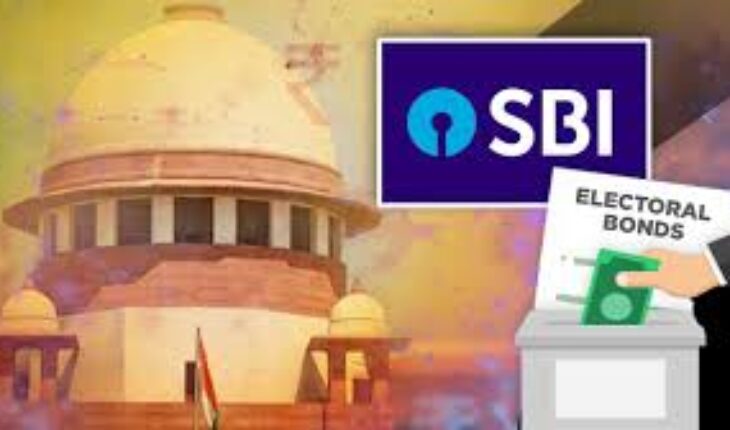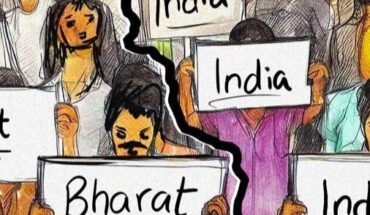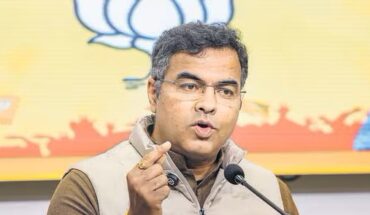The revelation by the State Bank of India, as mandated by the Supreme Court of India, regarding the details of donations via electoral bonds to political parties has sparked a significant controversy, challenging the integrity of political financing in India. Instituted by the BJP-led government in 2018, the electoral bonds scheme was touted as a step towards transparency in political donations. However, recent investigations, including a notable one by The Hindu, have unveiled unsettling facts that not only question the scheme’s transparency but also its very purpose.
Remarkably, companies incurring aggregate losses exceeding Rs 1 lakh crore between 2016-17 and 2022-23 were found to have donated nearly Rs 582 crore, with 75% of this amount benefiting the ruling BJP. The anomalies don’t end here; profit-making firms donated sums surpassing their profits, while others, bereft of any profit or loss data, raised suspicions of being mere fronts for laundering money. Questions about the legitimacy of such donations and the potential evasion of tax by profitable firms failing to report net direct taxes have further muddied the waters. The scheme’s critics, including officials from the Reserve Bank of India and the Election Commission of India, had forewarned about its potential misuse for money laundering and tax evasion. Yet, these concerns were overlooked by the Union Finance Ministry.
Now, with thousands of crores encashed by political parties under this scheme—predominantly by the BJP—the Supreme Court’s intervention has shed light on the murky underbelly of political financing in India. As India gears up for the general election, this controversy serves as a crucial juncture for the electorate to reflect on the implications of the electoral bonds scheme. Beyond the elections, it is imperative for Parliament and regulatory bodies to undertake a comprehensive investigation into these donations, scrutinizing the legality of the funds and their sources. The judiciary’s role in prompting such an examination cannot be understated.






